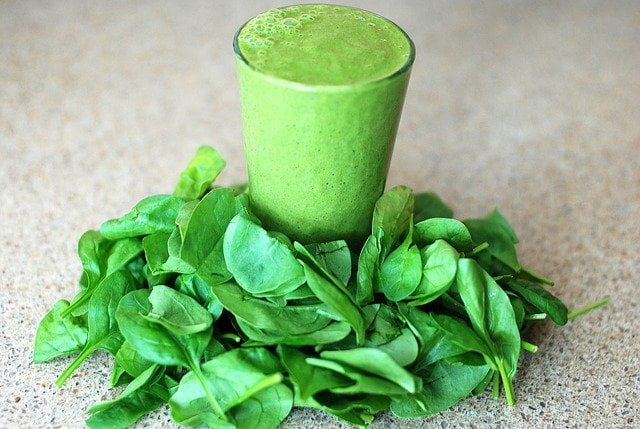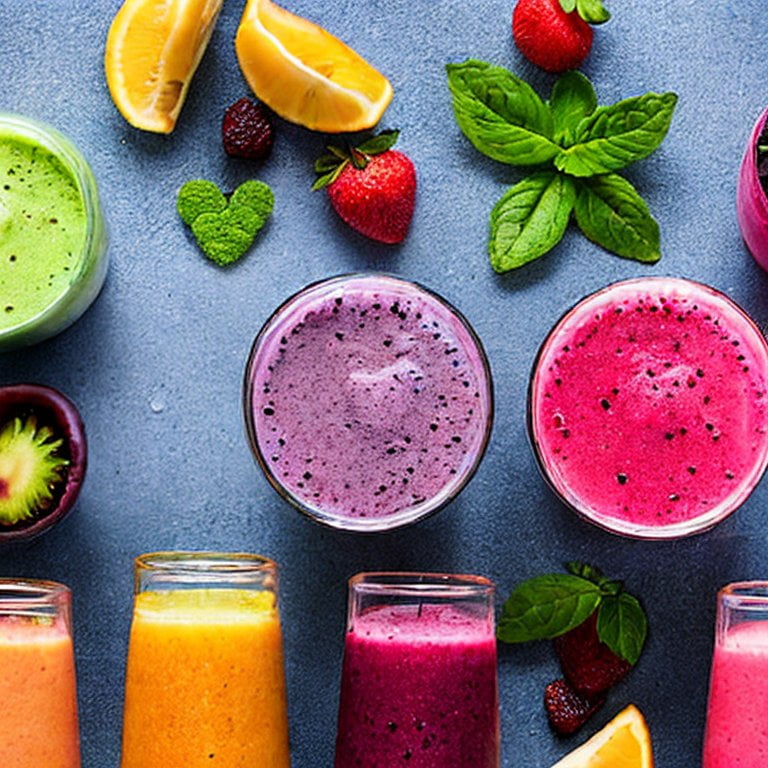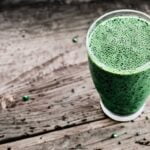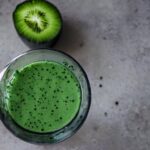
Smoothies are a popular beverage that has become increasingly popular in recent years, particularly among health enthusiasts. These delicious drinks are made by blending fruits, vegetables, and other ingredients to create a nutritious and filling meal. While smoothies are often marketed as a healthy meal replacement option, the question remains: can they truly replace a full meal?
In this post, we will examine the nutritional value of smoothies, the potential benefits and drawbacks of replacing meals with smoothies, how I used smoothies as a meal replacement, and whether or not smoothies can be considered a complete meal replacement.
Table of Contents
- Can Smoothies Replace Meals?
- Nutritional Value of Smoothies
- Benefits of Replacing Meals with Smoothies
- Drawbacks of Replacing Meals with Smoothies
- Things to Consider When Replacing Meals with Smoothies
- Final Thoughts
Can Smoothies Replace Meals?
The short answer is yes, smoothies can replace meals, but it depends on the individual’s goals and nutritional needs. Smoothies can be a healthy meal replacement option if they are made with the right ingredients and provide a balance of nutrients.
In fact, when I was starting my plant-based journey, one of the original things I did to help transition to a plant-based diet, and to get tons of healthy food into my diet each day, was to eat smoothies as a meal replacement!
What I did was use a green smoothie in place of my lunches every day. This was something that I would prepare ahead of time, and I would use very healthy ingredients, and whole foods that were plant-based.
The good thing was I could make a batch of green smoothies large enough that it would last for 2-3 days (or sometimes more), so I didn’t have to spend time every single day preparing a new smoothie. I would basically cover up what I didn’t use and stick it in the fridge until the next day.
It was also convenient because I was going to grad school at the time, and instead of having to prepare a meal to eat for lunch, I could just grab my smoothie in a cup and go. Then I could just drink it on the go or during classes. This was hugely convenient for me, and much more nutritious than the fast-food options that were available. Not to mention it was vegetarian and vegan friendly, unlike most fast-food options available.
Nutritional Value of Smoothies
Smoothies can be an excellent source of vitamins, minerals, and other nutrients that are essential for optimal health. The ingredients used in smoothies can vary greatly, but they generally contain a combination of fruits, vegetables, protein, and healthy fats. Fruits and vegetables are excellent sources of fiber, vitamins, and antioxidants, while protein and healthy fats provide satiety and energy.

However, not all smoothies are created equal. Some commercial smoothies may contain high amounts of added sugar, artificial flavors, and other additives that can negate the health benefits of the drink. It is important to be mindful of the ingredients used in your smoothie and to make sure that they are fresh and nutrient-dense.
Benefits of Replacing Meals with Smoothies
Replacing meals with smoothies can have several potential benefits. For one, smoothies are an easy and convenient way to consume a variety of fruits and vegetables in one sitting. For individuals who struggle to meet their daily recommended intake of fruits and vegetables, a smoothie can be an excellent way to boost their intake.
Additionally, smoothies can be a helpful tool for weight loss. Studies have shown that replacing one or two meals per day with a low-calorie smoothie can lead to significant weight loss over time. This is because smoothies are typically lower in calories than a full meal, while still providing the necessary nutrients to keep you feeling full and satisfied.
Replacing meals with smoothies can also be beneficial for individuals with certain dietary restrictions or health conditions. For example, smoothies can be a great option for individuals with lactose intolerance or those following a vegan or vegetarian diet. Smoothies can also be easily modified to accommodate specific dietary needs or restrictions, such as a low-carbohydrate or high-protein diet.
Drawbacks of Replacing Meals with Smoothies
While there are potential benefits to replacing meals with smoothies, there are also some drawbacks to consider. For one, smoothies are often lower in calories and protein than a full meal, which can lead to feelings of hunger and fatigue. This can be especially true for individuals who are used to consuming larger, more substantial meals.
Another potential drawback that’s important to note, is that not all smoothies are created equal. Many store-bought smoothies are high in sugar and calories and may not provide a balance of nutrients. It’s important to read the labels carefully and choose smoothies that are made with whole, nutritious ingredients.
Things to Consider When Replacing Meals with Smoothies
Many times the better option is to make smoothies at home. This is what I did, and it allowed me to control the ingredients that were going into them, and to make sure they were whole food plant-based (technically they are even WFPBNO).
When making smoothies at home, it’s important to include a balance of nutrients to ensure they can replace a meal. A balanced smoothie should include a source of protein, such as soy milk or protein powder, to help keep you feeling full.
It should also include healthy fats, such as avocado or nut butter (such as peanut butter), to provide sustained energy. And finally, it should include carbohydrates from fruits and vegetables, which provide the body with energy and important nutrients.
In addition to including a balance of nutrients, it’s important to watch portion sizes when consuming smoothies as a meal replacement. While smoothies can be a healthy meal option, they can also be high in calories if they are too large or made with calorie-dense ingredients.
It’s also important to note that smoothies should not be the sole source of nutrition for an extended period of time. While they can be a healthy meal replacement option for short periods of time, they should not replace all meals on a daily basis. This can lead to nutrient deficiencies and may not provide the body with all the nutrients it needs to function properly.
Final Thoughts
Smoothies can be a healthy and convenient meal replacement option when made with the right ingredients and consumed in moderation. They can provide a balance of nutrients and help people increase their fruit and vegetable intake.
However, they should not replace all meals on a daily basis and it’s important to choose smoothies that are made with whole, nutritious ingredients. By incorporating smoothies into a balanced diet, people can improve their overall health and well-being.
Lance has been passionate about the plant-based diet and we have been following a whole food plant-based diet for over 5 years. We focus on health, natural healing, weight management, animal rights, and the health of the planet and environment by focusing on whole plant-based foods and sustainable practices.
Learn more at the About Me page and follow on social media at the links below.



